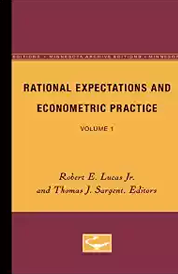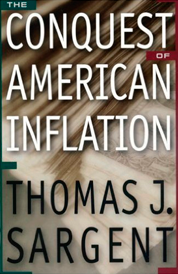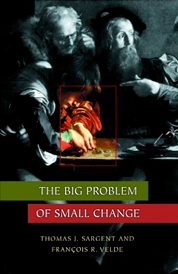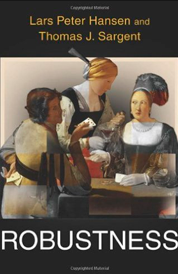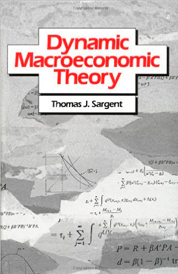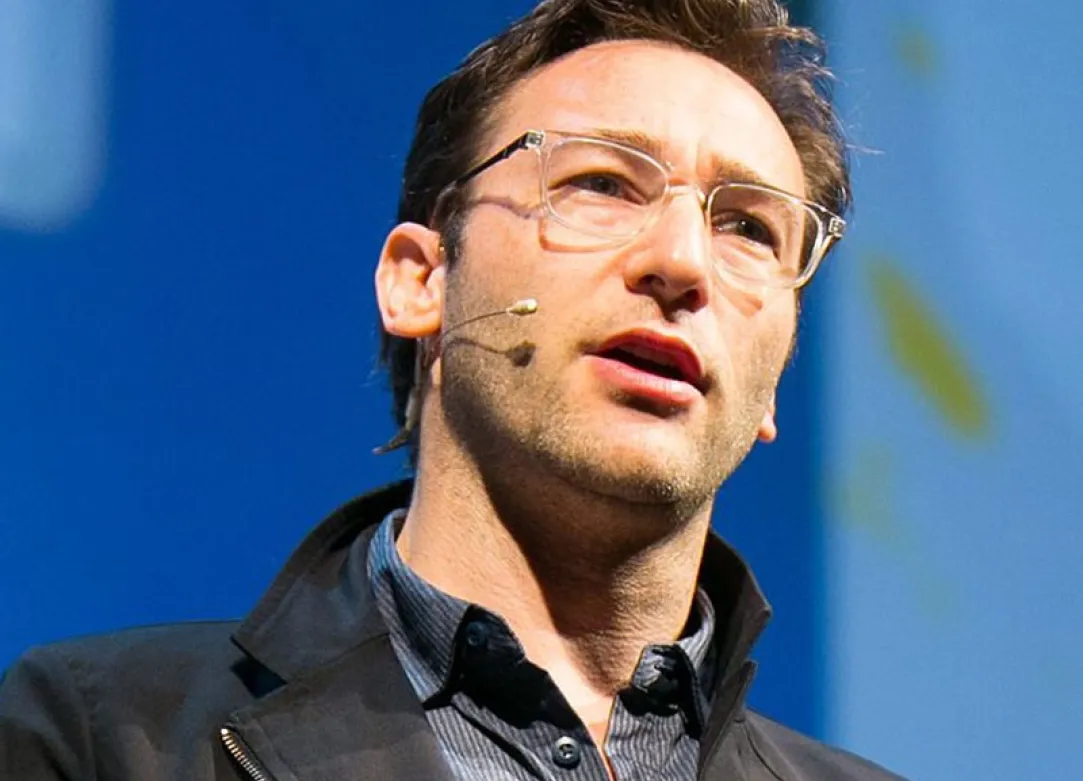Thomas Sargent is now a Professor of Economics at New York University and was formerly Professor of Economics at the University of Minnesota, the University of Chicago, and Stanford Economics. He is a macroeconomist who studies the causes and consequences of unemployment, inflation, and financial crises. In 2011, he shared the Nobel Prize in economics with Christopher A. Sims of Princeton University. His Nobel lecture “The U. S. then, Europe now” compares and contrasts North American struggles in the 1780s to create a United States of American with current efforts to create a United States of Europe today.
Professor Sargent joined New York University as the first W.R. Berkley Professor in September 2002, a joint appointment by the Economics Department at NYU's Faculty of Arts and Sciences and the Stern School of Business. He was awarded the 2011 Nobel Prize in Economics, shared with Princeton University's Christopher Sims, for his empirical research on cause and effect in the macroeconomy.
The crucial insight behind rational expectations is this: people make decisions based on a reasonable mental model of the economy, and, crucially, based on their understanding of the government’s economic policies. This means that, since consumers and investors adjust their behaviors whenever the government shifts policies, these policies rarely have their intended effect. It’s an insight that revolutionized economics in the post-Keynesian era, and it continues to dominate economic thinking today.
Professor Sargent was a professor of economics at the University of Minnesota from 1975 to 1987, the David Rockefeller Professor at the University of Chicago from 1992 to 1998 and the Donald Lucas Professor of Economics at Stanford University from 1998 to 2002. He has been a senior fellow at the Hoover Institution since 1987.
Professor Sargent earned his Ph.D. from Harvard University in 1968 and was a first lieutenant and captain in the U.S. Army. He was a university medalist as Most Distinguished Scholar in the Class of 1964 and won the Nemmers Prize in Economics in 1997. Professor Sargent was elected a fellow of the National Academy of Sciences and a fellow of the American Academy of Arts and Sciences, both in 1983.
Professor Sargent is past president of the Econometric Society, the American Economic Association and the Society for Economic Dynamics.
He is the author of many significant books and articles, including the classic economic textbooks, Macroeconomic Theory and Dynamic Economic Theory. He co-authored Rational Expectations Econometrics with 2013 Nobel Laureate Lars Peter Hansen.

